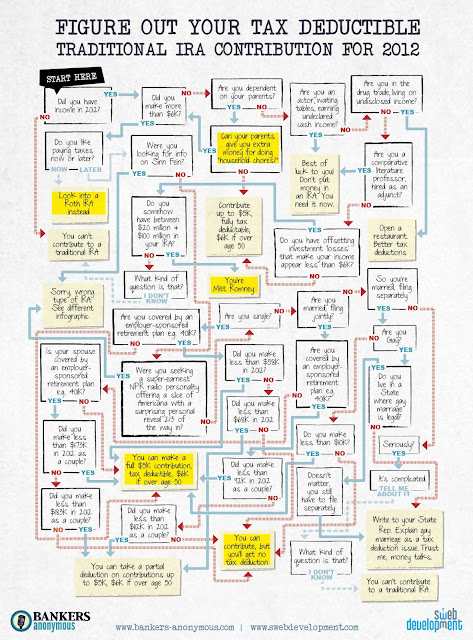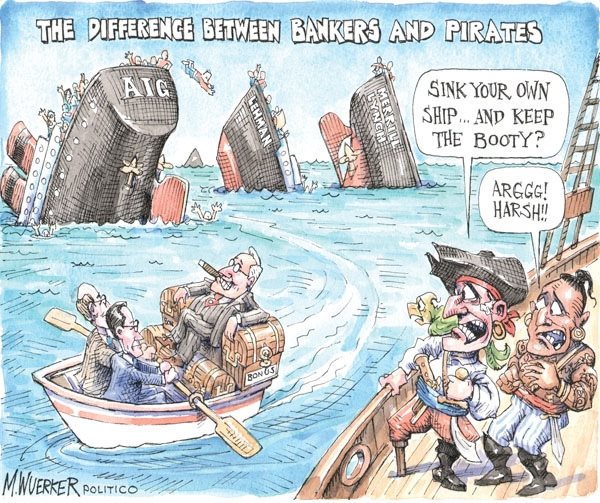Mortgage Risk, and … #DeepLearning?

If you have been in a poker game for a while, and you still don’t know who the patsy is, you’re the patsy. Now, for poker, substitute Finance, and in this case, Mortgage risk. If you’re still doing it by hand, or using complex curve-fitting, etc., well, you’re the patsy. Kay Giesecke from Stanford has a fascinating paper where he collected 294 parameters per loan across 120 million loans (from 1995 to 2014), and used this to predict the loan performance via #MachineLearning. The entirely unsurprising result — it beat the pants off of the “traditional methods” (logistic regression, curve fitting, etc. And note, this isn’t simple stuff, it is basically what institutions have been throwing Quants at for years now). The thing is, this is exactly the kind of problem that is really hard to model (hence the quants) — there are too many parameters, internal and external, and the differences in performance tends to be more about making the correct guesses ...















